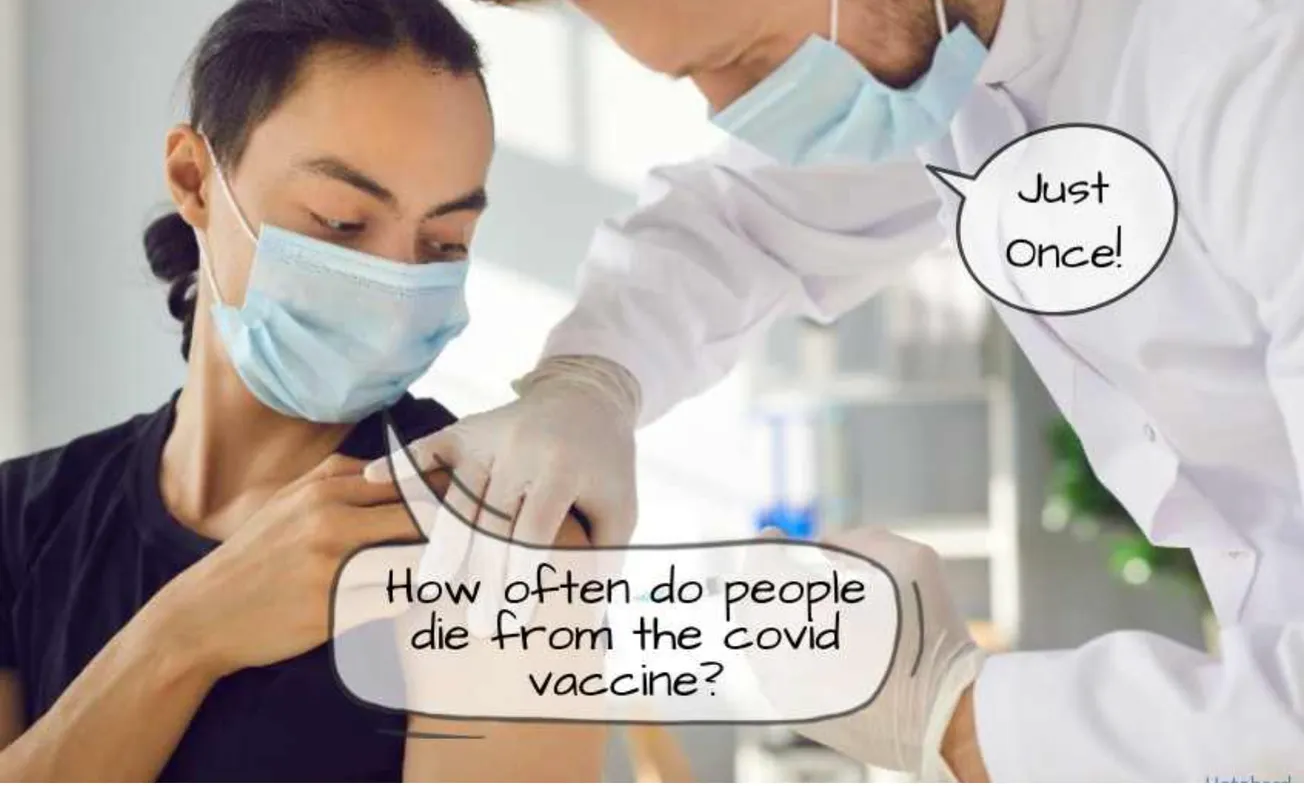Table of Contents
Maryanne Demasi
Maryanne Demasi is an investigative medical reporter with a PhD in rheumatology, who writes for online media and top tiered medical journals. For over a decade, she produced TV documentaries for the Australian Broadcasting Corporation (ABC) and has worked as a speechwriter and political advisor for the South Australian Science Minister. Her work can be accessed on her website at maryannedemasi.com.
Recently, my colleague and I completed a systematic review of the serious harms associated with covid-19 vaccines.
My co-author Peter Gøtzsche, is a Danish physician with four decades of research experience, publishing 97 papers in the “big five” (BMJ, Lancet, JAMA,Annals of Internal Medicine, and New England Journal of Medicine) and 19 Cochrane reviews.
My previous report on how serious harms were downplayed or excluded from the covid-19 trials, became the impetus for this review.
Also, concerns have been raised about the reliability of clinical trial data because of the pharmaceutical industry’s long history of falsifying data and deliberately hiding harms.
In the case of covid-19 vaccines, neither the vaccine manufacturers nor the drug regulators allowed independent researchers to examine the raw trial data, forcing transparency advocates to sue the FDA for access to the documents.
In our review, we focused on serious adverse events (SAEs) associated with covid-19 vaccines, documented in the published literature (search cut-off date was 4 April 2022).
We defined SAEs according to the European Medicines Agency definition:
An adverse reaction that results in death, is life-threatening, requires hospitalisation or prolongation of existing hospitalisation, results in persistent or significant disability or incapacity, or is a birth defect.
Here are the salient points:
- Many of the studies we reviewed were of very poor quality and published in journals that failed to identify fundamental errors.
- To date, the most methodologically rigorous systematic review of SAEs was conducted by Fraiman et al, which reanalysed trial data from two pivotal randomised trials of the mRNA vaccines (Pfizer & Moderna), including SAEs from the websites of the FDA and Health Canada. The risk of an SAE following vaccination exceeded the risk of hospitalisation from covid-19.
- The adenovirus vector vaccines increased the risk of venous thrombosis and thrombocytopenia. (Authorities have responded by suspending the use of AstraZeneca’s vaccine across many European countries, and in the US, regulators have advised restricted use of Janssen’s vaccine).
- The mRNA-based vaccines increased the risk of myocarditis, with a mortality of about 1-2 per 200 cases. It was more common in younger males.
- We found evidence of serious neurological harms, including Bell’s palsy, Guillain-Barré syndrome, myasthenic disorder, and stroke, which are likely due to an autoimmune reaction from mRNA and adenoviral vector vaccines.
- Severe harms, i.e. those that prevent daily activities, were underreported in the randomised trials.
- Severe harms were very common in studies of fully vaccinated people receiving boosters (3rd dose), and in a study of vaccination of previously infected people (i.e. those with naturally acquired immunity).
- Drug regulators and other authorities have been very slow in following up signals of serious harms.
- Given the difficulties of accessing regulatory data, obfuscations, and documented underreporting, we find it likely that there are other serious harms of the covid-19 vaccines, than those uncovered so far.
- Population-wide recommendations for covid vaccination and boosters ignore the negative benefit to harm balance in low-risk groups such as children and people who have already recovered from covid-19 (natural immunity).
The full manuscript has been uploaded as a PRE-PRINT.
Reprinted from the author’s Substack









